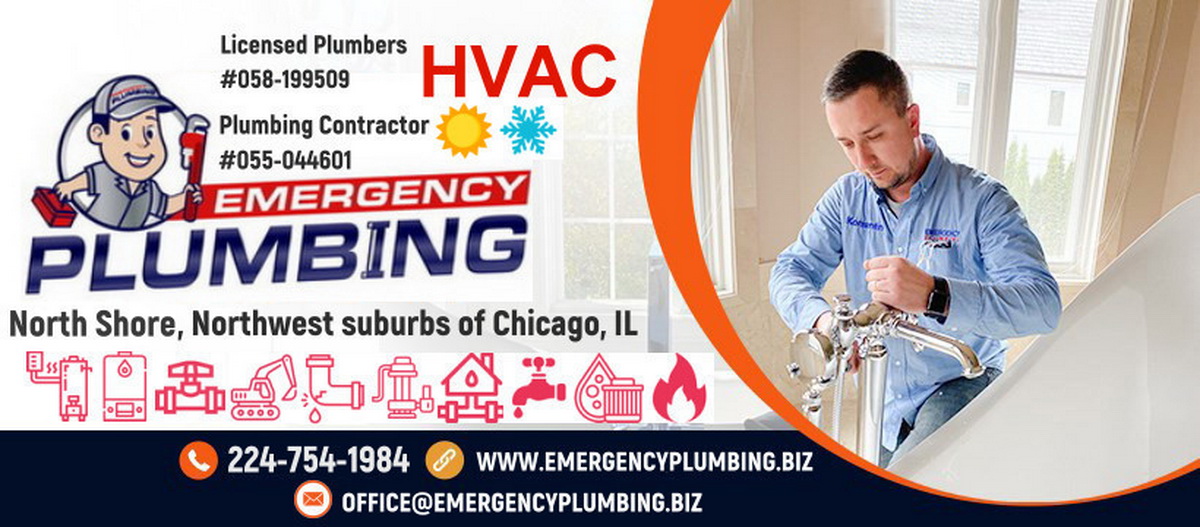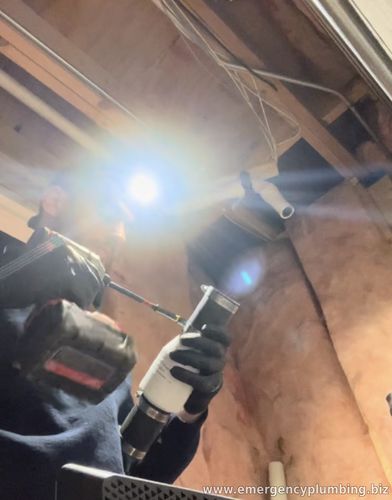Three Effective Methods to Protect Your Home from Flooding |
The Essentials of Flood Control Three Effective Methods to Protect Your Home
Flooding can be a devastating event, causing significant damage to homes and property. However, with the right flood control measures in place, you can significantly reduce the risk and ensure that your home stays dry and secure. Here are three essential flood control methods that every homeowner should consider implementing.
1. One-Way Check Valve on a Sump Pump A one-way check valve is a crucial component in any flood control system. Attached to a sump pump, this valve prevents water that has been pumped out from flowing back into your basement. The one-way check valve allows water to exit through the discharge line but closes immediately when the pump turns off, blocking any backward flow. This is especially important during heavy rains or rapid snow melts, where water volume can be immense and fluctuating. Installing a one-way check valve is relatively straightforward and cost-effective. It’s a small investment that can prevent the major headache of re-flooding, which can occur if water returns to the basement. Homeowners should ensure that the valve is regularly checked and maintained to keep it functioning properly, as debris or wear and tear over time can compromise its effectiveness.
2. Sump Pump in a Basement A sump pump is often considered the first line of defense against basement flooding. Installed in the lowest part of a basement or crawlspace, the sump pump activates when water inside the sump pit reaches a certain level. The pump then expels the water to the outside of your home, keeping the area dry. Choosing the right sump pump depends on the typical water volume and your home’s specific needs. There are two main types of sump pumps: submersible and pedestal. Submersible pumps are quieter and generally more effective but can be more expensive. In contrast, pedestal pumps are more economical and easier to maintain but are also louder and less powerful. Whichever type you choose, ensuring that your sump pump has a capacity appropriate for your home’s water management needs is essential.
3. Battery Backup Sump Pump Power outages are common during severe storms — just when you need your sump pump the most. This is why having a battery backup sump pump is vital. A battery backup sump pump kicks in automatically if the primary sump pump fails or if there is a power outage. This added layer of protection ensures that your basement remains dry, even during the worst weather conditions. When selecting a battery backup sump pump, look for one that has a high-capacity battery and is compatible with your primary sump pump system. The backup pump should also have a reliable automatic charging system to ensure it’s always ready to go in an emergency. Regular testing and maintenance of the battery and the pump itself are crucial to ensure that it will function when needed most.
Together, these systems provide a comprehensive approach to managing flood risks and keeping your home safe and dry. Remember, the initial investment in these flood control measures can save you from the potentially devastating costs of flood damage in the future.
Emergency Plumbing of Highland Park / Smart Housing Systems Inc. is your local licensed plumbing service is your first step for defense your property from devastating flooding events. We are just a phone call away and ready to save your day and give you a piece of mind with our expertise and quality work guaranteed.
|


Comments
Post a Comment